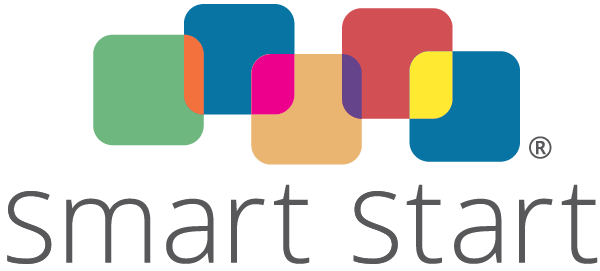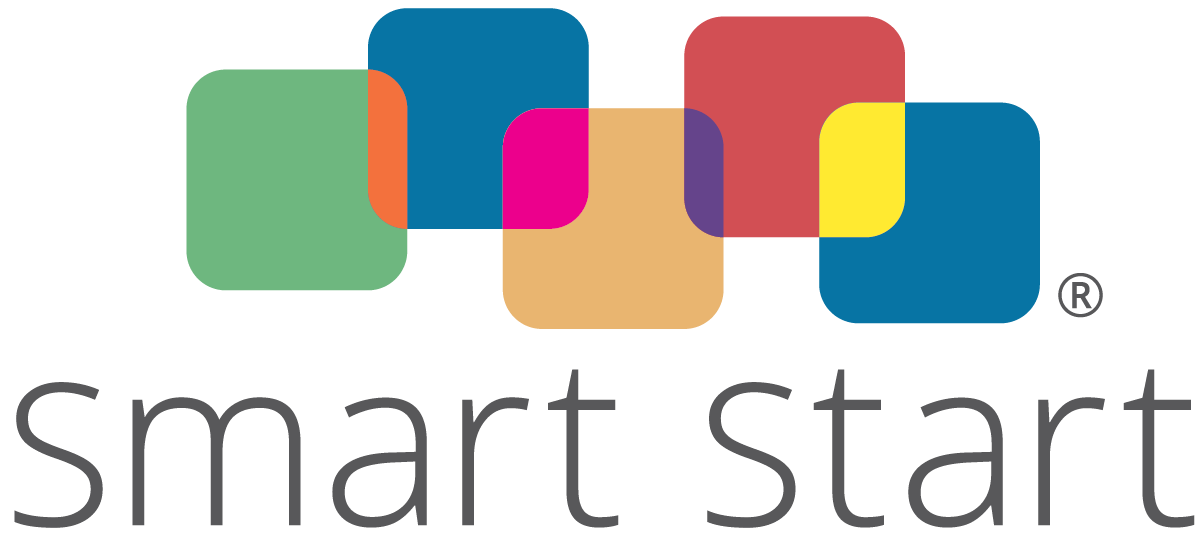Commission on Access to Sound Basic Education
What is Leandro v. North Carolina?
- Leandro v. North Carolina is a lawsuit filed in 1994 by five low-wealth school districts who claimed that they did not have enough money to provide an equal education to their students.
- In 1997, the NC Supreme Court ruled that the state’s students have a constitutional right to a “sound, basic education.”
- The courts subsequently ruled that to meet its constitutional duty, the state must:
- Staff each classroom with a competent, well-trained teacher
- Staff each school with a competent, well-trained principal
- Identify the resources necessary, including access to early education, to ensure that all children, including those at-risk, have an equal opportunity to obtain a sound, basic education.
- In 2017, the parties agreed to work toward a resolution in the case. The court hired a consultant, WestEd, to develop recommendations to achieve compliance, and Gov. Roy Cooper additionally created a Commission on Access to a Sound Basic Education to assist in creating a plan for the state to meet the Leandro requirements.
- The Commission met throughout 2018 and 2019 and produced draft recommendations in the fall of 2019. WestEd submitted its report to the court in summer 2019 before its release to the public in December.
What are the Early Childhood Recommendations from the WestEd Report?
- Increase the volume and quality of the early childhood education pipeline. This includes strategies to promote increased salaries for early childhood educators, expand salary supplement programs, and new standards for professional development. This also includes funding the child care subsidy system to eliminate waitlists.
- Scale up the Smart Start program to increase quality, access, and support for at-risk children and families. The consultant found that Smart Start’s current legislative appropriations fund 5% of the calculated need for early childhood in the state and calls for new funds to reach 25% of need, as originally outlined. This would total $532 million over the next eight years.
- Expand the NC Pre-K program to provide high-quality full day, full year services to all at-risk 4-year-old children. This recommendation includes increasing reimbursement rates for NC PreK to cover administrative costs and expand to full-day and full-year programming, providing incentives for certain high-quality private centers to become NC Pre-K sites, and providing funding to address barriers like facility construction and transportation. This amounts to an additional $571 million over the next eight years.
- Align and improve early-grade K-12 settings to support successful transitions to K-3 and promote early-grade success. This includes working with families to support transitions, expanding professional development for principals in early childhood education, funding for teaching assistants and specialized personnel support in early grades, and implementing formative assessments through age 8.
What does this mean for Smart Start and Early Education?
- WestEd and the Commission’s work confirms what the early childhood community already knows: a sound basic education begins at birth. Both WestEd and the Commission identify access to high-quality early childhood programs as essential to a sound basic education, particularly for at-risk students. A strong system of early education, health, and family support in the early years is essential to student success in the early grades and beyond.
- Too many children are harmed by a failure to provide high quality early childhood education from birth to Kindergarten. The WestEd report highlights the barriers for children and families that are created by high costs, lack of child care providers, lack of access, and low levels of compensation for early childhood educators. Children and families in low-income and rural communities are especially impacted by these barriers.
- The WestEd report shows that current investments are not sufficient to guarantee an accessible and high-quality early childhood system. The report makes a strong case for new funding, recommending more than $1.1 billion of new investment in early childhood to scale up Smart Start, expand NC Pre-K, and provide increased subsidies to children and families.
- The Leandro case provides a potential avenue to secure new funds and policy changes needed to strengthen the early childhood system in North Carolina. The judge in the Leandro case will begin to issue court orders in the next few months in light of the WestEd and Commission findings. However, many of these orders will require the General Assembly to enact new policies and investments.
What’s Next?
The Commission on Access to a Sound Basic Education will meet again later in January. Over the next few months, the court is expected to begin issuing orders based on the recommendations of the Commission and the WestEd report. These orders will require consideration and action from the General Assembly during this year’s legislative session, which will begin in April or May.


